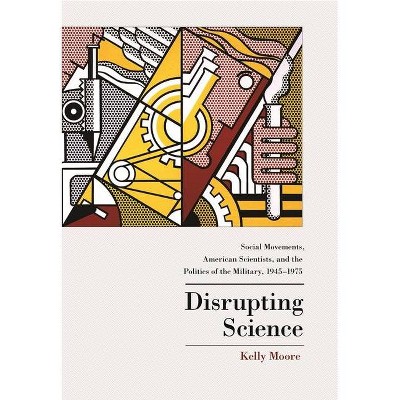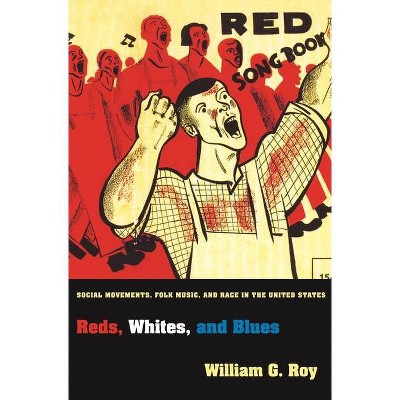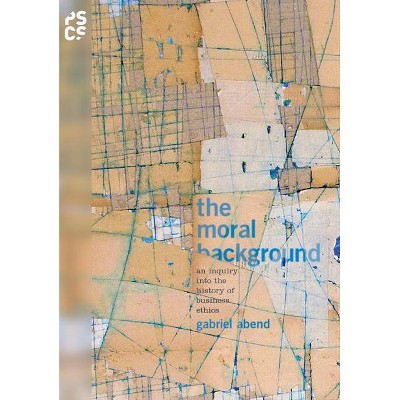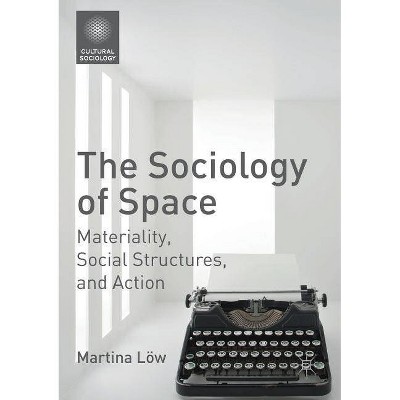Citizenship, Nationality and Ethnicity - (Sociology & Cultural Studies) by T K Ooman (Paperback)
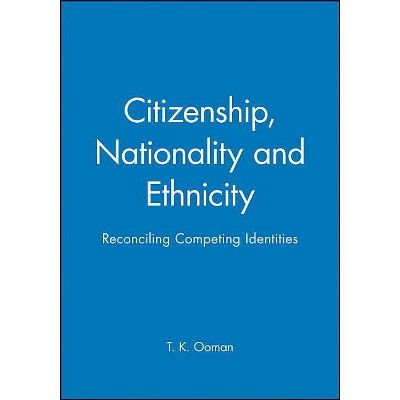
Similar Products
Products of same category from the store
AllProduct info
<p/><br></br><p><b> Book Synopsis </b></p></br></br>Most interpretations of ethnicity concentrate either on particular societies or on specific dimensions of 'world society'. This work takes quite a different approach, arguing that variations within and across societies are vital for understanding contemporary dilemmas of ethnicity. The author aims to develop a new analysis of the relation between the nation on the one hand, and ethnicity and citizenship on the other.<br /> <br /> <br /> Oommen conceives of the nation as a product of a fusion of territory and language. He demonstrates that neither religion nor race determines national identities. As territory is seminal for a nation to emerge and exist, the dissociation between people and their 'homeland' makes them an ethnie. Citizenship is conceptualized both as a status to which nationals and ethnies ought to be entitled and a set of obligations, a role they are expected to play. <br /> <br /> <br /> Analyses of three historical episodes - colonialism and European expansion, Communist internationalism and the nation-state and its project of cultural unity - are examined to provide the empirical content of the argument. <br /> <br /> <br /> This book will be essential reading for second-year undergraduates and above in the areas of sociology, anthropology and cultural studies.<p/><br></br><p><b> From the Back Cover </b></p></br></br>Most interpretations of ethnicity concentrate either on particular societies or on specific dimensions of 'world society'. This work takes quite a different approach, arguing that variations within and across societies are vital for understanding contemporary dilemmas of ethnicity. The author aims to develop a new analysis of the relation between the nation on the one hand, and ethnicity and citizenship on the other. <p><br /> Oommen conceives of the nation as a product of a fusion of territory and language. He demonstrates that neither religion nor race determines national identities. As territory is seminal for a nation to emerge and exist, the dissociation between people and their 'homeland' makes them an ethnie. Citizenship is conceptualized both as a status to which nationals and ethnies ought to be entitled and a set of obligations, a role they are expected to play.</p> <p><br /> Analyses of three historical episodes - colonialism and European expansion, Communist internationalism and the nation-state and its project of cultural unity - are examined to provide the empirical content of the argument.</p> <p><br /> This book will be essential reading for second-year undergraduates and above in the areas of sociology, anthropology and cultural studies.</p><p/><br></br><p><b> Review Quotes </b></p></br></br><br>Professor Oommen's new work ought to be required reading for sociologists, politicians and demagogues. Starting with the truth that conceptualization is the parent of almost all thinking about society, he brings exceptional clarity to the frequently muddied discourse about state, nation, race, ethnicity, religion and other related ideas. Shunning simplification and conflation in favour of complexity, Oommen avoids the parochialism and myopia so often found in writings about primordial groupings. The extent of his historical and comparative sweep is especially admirable. So, too, is his development of the notion of ethnification and homogenization, which lends a dynamic element to his analysis - also in happy contrast to the 'eternal' and 'timeless' emphasis in much of the literature on citizenship, nationality, ethnicity and race. <i>Neil J. Smelser, Director, Center for Advanced Study in the Behavioural Sciences</i> <p>This book is written in simple language and is therefore useful for lay readers in addition to the specialists ... the book is a work of outstanding scholarship. <i>Social Action</i></p> <p>This important new book from a distinguished Indian sociologist seeks to grapple with questions of ethnicity and nationality through a detailed exercise of conceptual clarification. An impressively vast historical and comparative canvas forms the background and basis of this attempt at sweeping away the dusty cobwebs of historical and sociological scholarship, and disentangling the often confused discourse around these concepts. <i>Economic and Political Weekly</i></p> <p><br /> There is considerable wisdom in Oommen's argument ... illustrated with a wide range of examples. <i>American Journal of Sociology</i></p><br><p/><br></br><p><b> About the Author </b></p></br></br><b>T. K. Oommen </b>is a Professor at the Centre for the Study of Social Systems, School of Social Sciences, Jawaharlal Nehru University in Delhi, and former President of the International Sociological Association.
Price History
Price Archive shows prices from various stores, lets you see history and find the cheapest. There is no actual sale on the website. For all support, inquiry and suggestion messagescommunication@pricearchive.us

